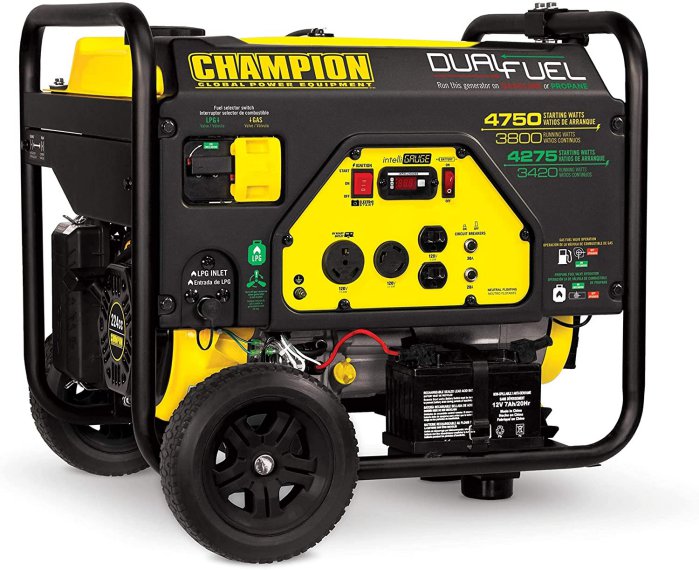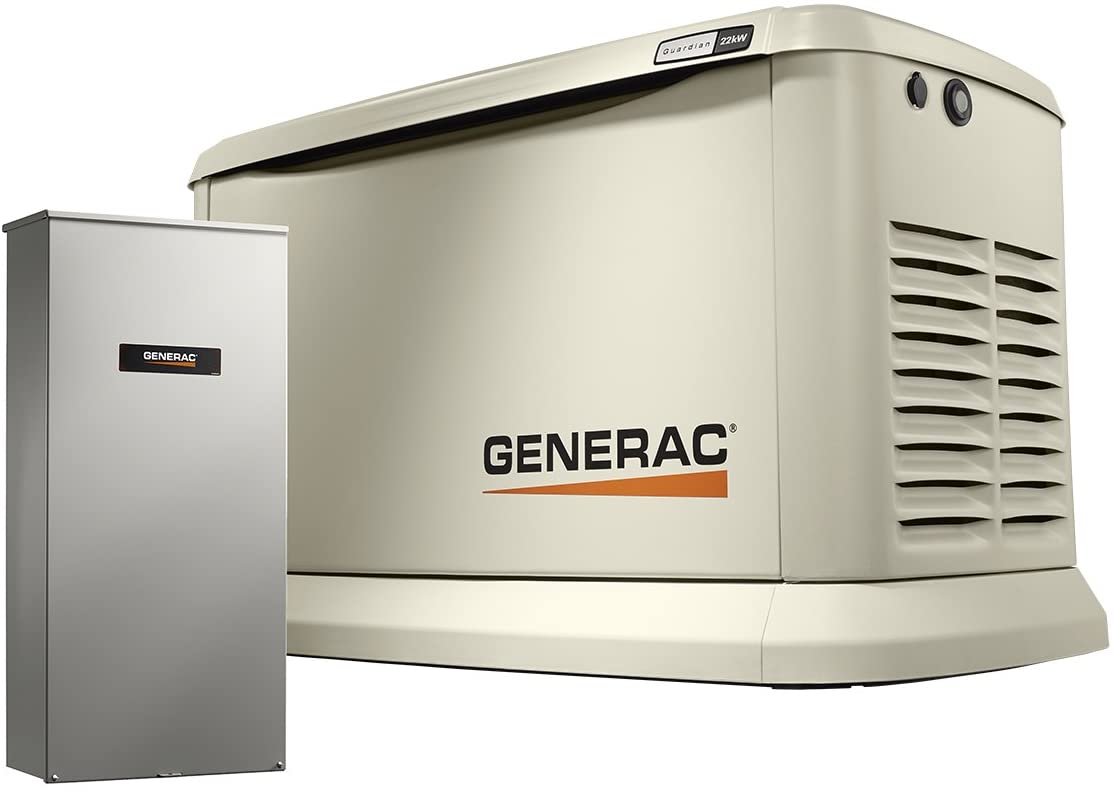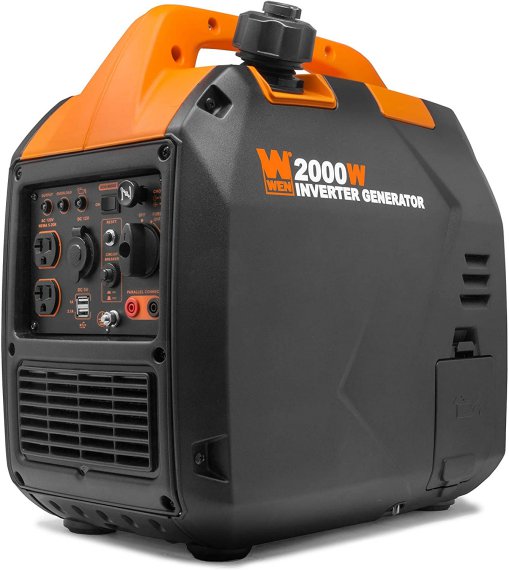There are several reasons which lead to a power outage, some critical equipment has failed at the station, or there is a major storm coming in. No matter the reason, the outcomes are the same, you are left without the electricity.
If a power outage lasts for long, then your food will be spoiled, and there will be downtime at work if you work from home. A solution is a home generator.
In a time of a natural disaster, it can keep your family safe by running your lights and your food well; even if the power outage lasts for days or weeks, you will be good. Your electronics will be working, so you will be able to stay connected to the world.
But, the problem is that most people make a rushed decision when buying a generator for their house because they are buying it at the last second when the storm is about to hit.
This will make them overlook the critical things to consider when buying a generator. In this post, we will shed light on things that you should consider when buying a generator for your house; you will be able to make a safe decision.
To make the right decision, you can also visit this Generator Review website.
What Kind of Generator Do I need?
The first thing you will need to consider before buying a generator is to calculate your power requirement; how much power you will need will determine the size of it.
The easy way to calculate your power requirement is by adding the wattage of all appliances, and once you add them up, you will have an idea about your generator size.
Remember that many appliances will have two power ratings, starting watts and running watts; both need to be considered.
Other than that, home appliances like refrigerators and sump pumps work on intervals. They will use up more power as they work in cycles, so it also needs to be considered; otherwise, there will be a mismatch of wattage.
Below are some generators from which you can choose one based on your uses.
A Portable Generator
Portable generators provide you more flexibility as it is transportable, although bigger units are heavier. Still, you can use them wherever you want when your home doesn’t need a backup power source.

It will be an excellent choice when considering the cost and capacity, and they can produce enough power to run appliances of your house.
You can also power hard-wired appliances by connecting a portable generator to circuits of your house through a transfer switch.
They run on gasoline and are not as efficient as inverter generators. Also, they are quite noisy. When using them, they need to be placed outside the house, and this requires you to protect them against rain and snow.
A Standby Generator
Standby generators will cost you more than portable ones, and the cost will increase even more considering that they will need a professional for installation.

But, they are more convenient than portable generators; their use is hassle-free. Unlike portable generators, these generators don’t manually need to be started and stopped.
A standby generator will start and engage itself to the house and start powering appliances as soon as the grid power goes out, and when it comes back, the generator will turn itself off. A standby generator has remarkable permanence.
A Mid Sized Inverter
These inverter generators are very portable, and their advanced working mechanism makes them lightweight. You can expect a typically mid-size inverter to weigh less than 150 pounds. These inverters will have a small fuel tank of about 2 to 3 gallons but will provide up to 7 to 8 hours of runtime.
These units are available up to 3500 watts and will have mostly 110 V AC outlets. With this, it can power lights, heating and cooling equipment, and many more things.

Recreational Inverter
Recreational inverter generators are the lightest and smallest, and they can be easily stored in very compact places. They are generally used to power a few appliances only, and they can’t power much else.
They can run a few lights, can run a freezer and a phone charger. It won’t run heavy appliances with more power demand.
Moreover, they are very quiet and come with many easy-to-use features. They are not designed to be used with the breaker panel, and you can connect appliances directly to the sockets on the unit itself.
Automatic Or Manual: Which One is Better?
There are mainly two types of generators we use for residential and commercial purposes, and these are standby generators and portable generators.
Portable Generators
Portable generators will cost less and are also smaller compared to standby generators. Opposite to the standby generators, a portable generator doesn’t stay idle, and it can be used anywhere you like; they are mobile power stations.
When you use it away from home, make sure that they are at a sufficient distance from the house, this is to prevent the accumulation of deadly exhaust.
The exhaust will contain the deadly gas carbon monoxide, which, if inhaled for longer then it can be deadly. As a fuel, if they use gasoline, you will need to store it in large quantities; to preserve it, you must add the stabilizer to it.
Portable generators need to be operated manually, and it won’t power the house on its own accord. They don’t stay connected to the home circuits.
Standby Generators
It is an automatic generator; when the power goes out, it will automatically start and will power the house. And when the power returns, it can turn itself off as well.
This automatic function makes them a great solution for emergency power needs. They are bigger and mostly run on diesel.
Diesel has a fast kick in time so, the generator will be up and running in no time. That’s why it is mainly used at police stations and hospitals as a backup.
They are costly and require a professional installation, and they are not mobile.
What To Expect In After-Sale Service?
The warranty on different generators will vary; different manufacturers offer different warranties. A standard warranty period for any generator will range from one to five years.
Other than the time period, it is also important that you know what the warranty covers. Some brands will offer annual maintenance, while some offer occasional upgrades.
Conclusion
Choosing a home generator is not an easy task; it requires careful consideration of many things. There are a wide variety of generators available in the market, and you will surely find the one for your needs.


